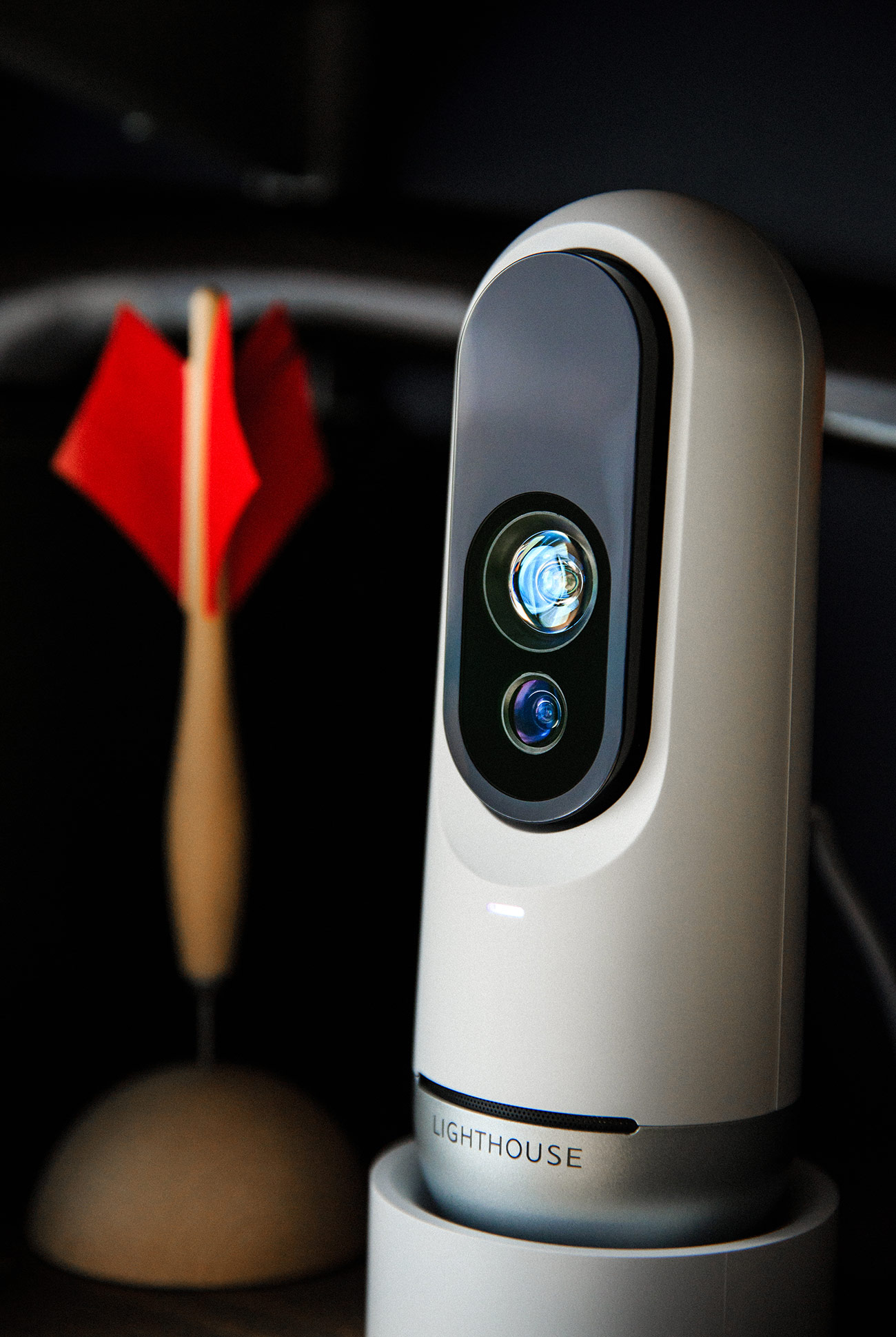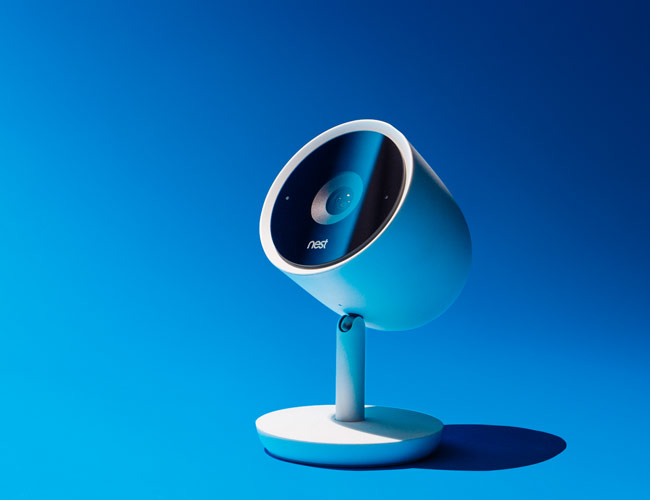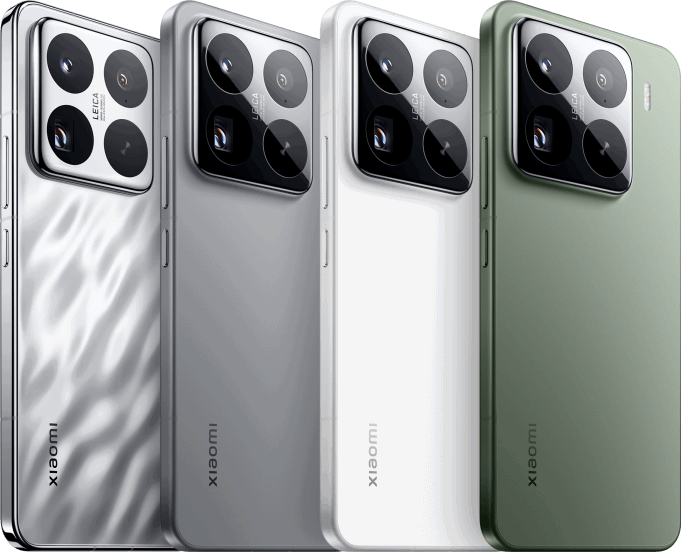Lighthouse is a new home security camera that shares near identical specs and abilities as the Nest Cam IQ. Both cameras cost $299, making each the most expensive consumer-grade home security camera you could buy. The difference is that Lighthouse was developed by Lighthouse AI, an artificial intelligence startup company with roots in self-driving cars, and it has a slightly different set of abilities. While the Nest Cam IQ has a 12x digital zoom to capture and track people while they’re in the frame, the Lighthouse can answer more sophisticated questions. After you set it up and it learns familiar faces (just like the Nest Cam IQ), you can the open the companion app and ask it things like, what time a specific person left for work or arrived back home. Or you can prompt it to send you push notifications if somebody does or doesn’t arrive in the house between 5 pm and 6 pm. The Lighthouse also recognizes people from pets, so you can ask it to show you a summary of what “the dog” did today, and it will.
The Good: The Lighthouse works well and as advertised. Push notifications are simple to set up and if you need help, the app gives you simple suggestions about what to ask and how to better use the security camera. I set up the Lighthouse loaner unit so that it looked out over my home’s front door and it was scarily good at telling me when “members” (aka family members) were arriving home; it uses geofencing (with a 219-yards radius — huge!) so it’s able to detect when a member, like my dad or brother, is about to get home, and it would shoot me a push notification a minute or two before they even walked in the door. Anybody you invite as a member can access the Lighthouse and enable their own push notifications. Like the Nest Cam IQ, any member can access a 24-hour live stream or its two-way microphone. There’s a privacy mode that turns off the camera completely, in case you don’t want an always-watching eye.
Who It’s For: Anybody who wants a very capable home security camera and who doesn’t care about being tied into an ecosystem — Lighthouse isn’t compatible with Alexa or Google Assistant voice prompts, for example. You also need to be prepared to either pay $10/month for the subscription or a $200 one-time fee and get a subscription forever. Yes, forever.
Watch Out For: Same with the Nest Cam IQ, there’s really no point in buying Lighthouse if you’re not willing to shell out for its monthly subscription service. Without the $10/month service, the Lighthouse can’t recognize faces, recognize kids from adults from pets, and won’t let you let you set customizable activity notifications. (There are even more drawbacks: see here.) The Lighthouse is not compatible with Google Assistant, HomeKit or Amazon’s Alexa, so you can’t prompt answers by asking a virtual assistant. The camera can’t zoom in on anything, so you can’t get a good view of faraway objects. The camera doesn’t have a rotating bezel, so you can’t move the field of view left or right, or up or down.
Alternatives: The Nest Cam IQ is its nearest competitor if you have other smart home devices in Google’s ecosystem. It’s also a better option if you value digital zoom vs customizable activity notifications. The Amazon Cloud Cam is a much cheaper alternative if you have other Alexa-enabled devices. Some of Netgear’s Arlo line of home security cameras, specifically the Arlo Pro 2, come with portable batteries so you can move them around; the Lighthouse is very much a powered device that needs to be plugged-in to work.

The Verdict: There’s not a lot that differentiates one home security camera from another these days. For example, the significantly cheaper Amazon Cloud Cam isn’t significantly worse than either the Nest Cam IQ or Lighthouse. All of them can give you a 1080p live feed, night vision and two-way talk. And all of them seem to have the similar drawbacks (you can’t rotate the camera remotely, so if something is just out of frame — you’re out of luck!). The features and subscription service are the two factors that really make the difference.
After testing both the Nest Cam IQ, I think the Lighthouse just edges it out because of how intelligent it is, how simple it is to set up customizable requests, and how easy the app is to use. Still, these differences are marginal and if you’re not willing to cough up the extra cash for the subscription, neither camera is really worth the $299 investment. Also, it’s worth noting that Lighthouse AI is a significantly smaller company than Google and Amazon, so there’s the potential danger that Lighthouse won’t be able to keep up with those juggernauts. Still, the Lighthouse is a hugely impressive device that probably sets the bar for high-end smart home security cameras in the home.
What Others Are Saying:
• “The Lighthouse is a pretty impressive camera with some unique features not found with other systems. However, these features only come with the paid subscription. Otherwise, the camera loses its most special qualities. If you are willing to pay for the premium service that gets you access to the AI technology, then this camera is definitely worth checking out. Otherwise, a more affordable camera would make more sense.” — Sara Lindberg, Security Baron
• “So if you don’t already own a number of Nest or Google hardware products and you have a keen interest in making use of AI features to keep track of your kids, Lighthouse seems like a sound purchase that should only get smarter over time — provided, of course, it can keep up with Google, Amazon, and others.” — Nick Statt, The Verge
• “Because the Lighthouse Interactive Assistant is relatively expensive at $300 (not including the monthly subscription), the camera needs to do more before I can recommend a purchase. The 3D sensor, custom alerts and voice searching for clips all have great potential, but the whole package hasn’t added much in real world benefit to our smart home yet, since Lighthouse still doesn’t understand most actions.” — Andrew Gebhart, CNET
We review the Nest Cam IQ smart security camera. Read the Story




